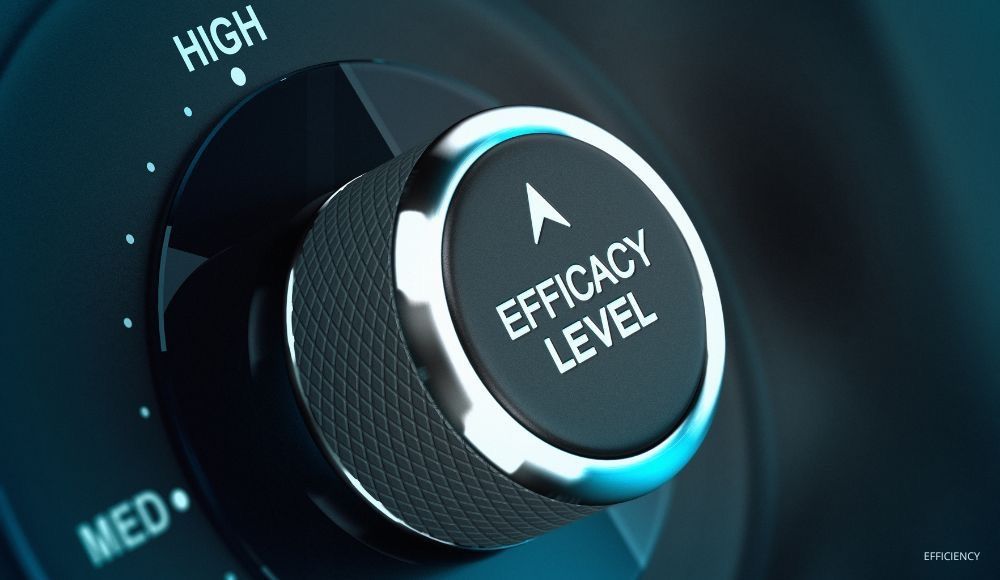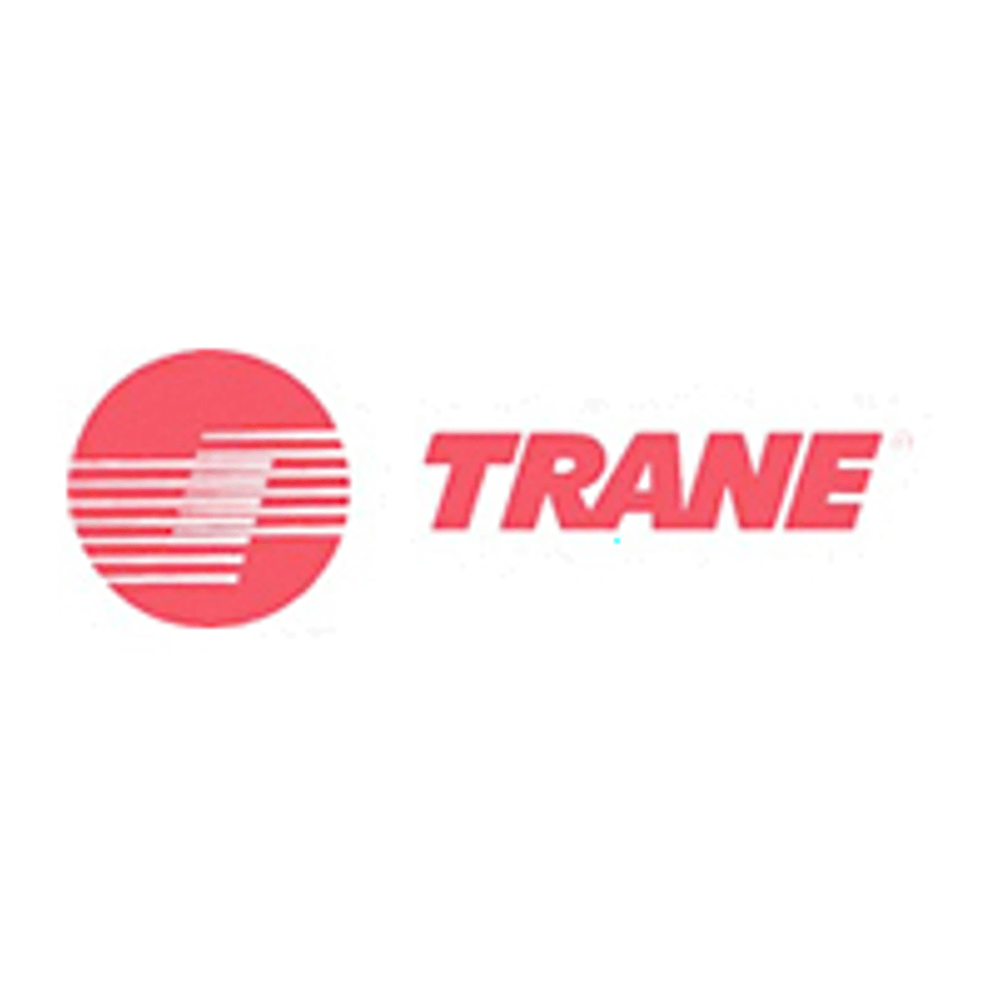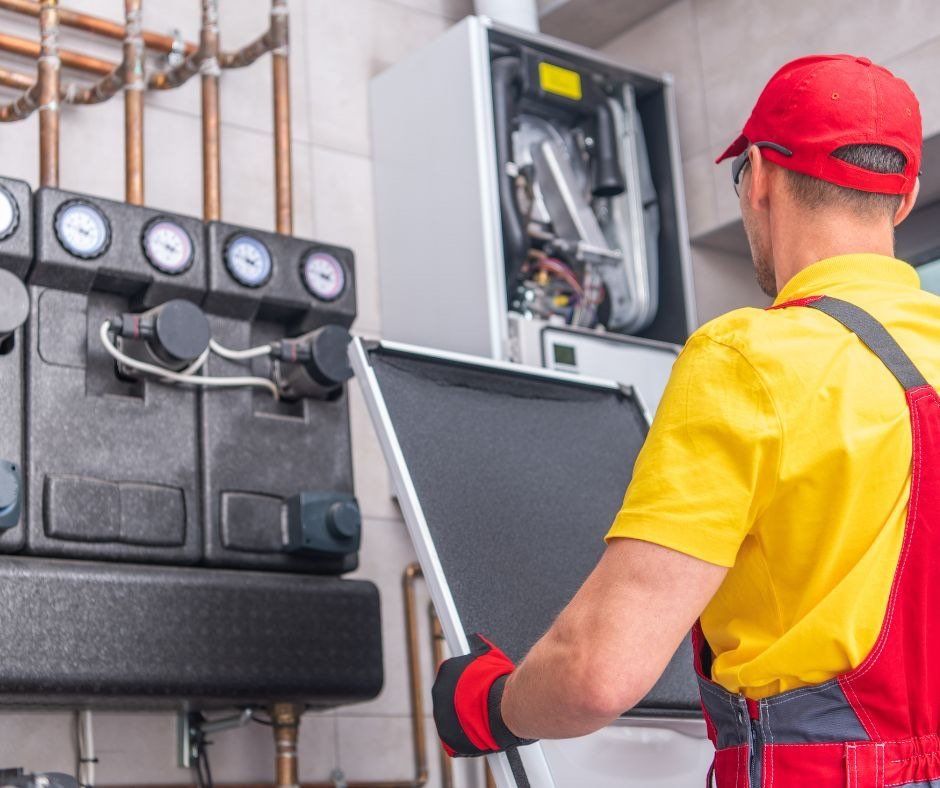What is Geothermal Heating and Cooling?
If you are looking for ways to lower your heating and cooling costs, you may want to consider installing a geothermal heat pump system. "Homeowners save 30-70 percent on heating and 20-50 percent on cooling costs by using geothermal heat pumps compared to other conventional systems. This translates to roughly $400 to $1,500 annual savings," according to The Climate Reality Project.
Those savings result from a more efficient and eco-friendly system than conventional heating and cooling systems. "Geothermal systems can reduce energy consumption by approximately 25% to 50% compared to air source heat pump systems," according to the U.S. Department of Energy. "Geothermal heat pumps reach high efficiencies (300%-600%) on the coldest of winter nights."
The installation of a geothermal heat pump system is more expensive than a conventional heating system; however, you will recoup that cost in five to ten years with energy savings. Plus, geothermal heat pumps are quieter, require less maintenance, and typically last longer than conventional heating and cooling systems.
What is Geothermal Energy?
The word geothermal comes from the Greek word geo, which means earth, and therme, which means heat. So geothermal energy is heat within the earth. Humans have been harnessing the power of geothermal energy for more than 10,000 years, when it was used as a source of warmth, cleansing, and even healing.
According to
Britannica, "Geothermal heat was delivered to the first residences in the United States in 1892, to Warm Springs Avenue in Boise, Idaho, and most of the city used geothermal heat by 1970. The largest and most famous geothermal district heating system is in Reykjavík, Iceland, where 99 percent of the city received geothermal water for space heating starting in the 1930s."
How Does a Geothermal Heat Pump System Work?
Geothermal heat pumps (GSHPs) - Aka ground-source, water-source, GeoExchange, or earth-coupled heat pumps - are the chief process of geothermal energy. According to the U.S. Department of Energy, approximately 50,000 geothermal heat pumps are installed annually in the U.S.
GSHPs use the earth's temperature as an exchange medium rather than the outside air. Unlike air temperatures, which can significantly fluctuate, ground temperatures below the frost line are relatively constant at approximately 50 degrees regardless of the air temperature outside. GSHPs can heat and cool, and some can provide hot water. GSHPs transfer warm air from below the frost line to heat your home and transfer heat from your house to the ground to cool your home.
A geothermal heat pump system consists of a heat pump connected to a series of buried pipes called ground loop systems, usually made of high-density plastic-type tubing. The heat pump circulates a heat-conveying fluid, such as water or antifreeze solution, through the submerged pipes and moves heat into or out of your home/building.
There are several types of ground loop systems. Which system is best for your property – residential or commercial – depends on soil conditions and available land or water.
Types of ground loop systems:
- Horizontal Closed-Loop System – This system requires trenches at least four feet deep. It is often the most cost-effective option for new construction.
- Vertical Closed-Loop System – This system requires holes about four inches in diameter to be drilled about 20 feet apart and 100-400 feet deep and minimizes disturbance to existing landscaping. It is the most common type of loop system and works very well for homes/buildings with smaller yards.
- Pond/Lake Closed-Loop System – If there is a body of water on the property that meets specific volume and depth requirements, this system may be an option. With this system, a pipe is coiled into circles at least eight feet below the water's surface.
- Open-Loop System – An open-loop system does not use an outside heat-conveying liquid. Instead, it draws the water from a well or lake and returns it into a second well or the original source after it has run through the system. As a result, it is less expensive to install than a closed-loop system; however, it can only be used if an adequate supply of water is available. It can also lose efficiency over time and cost more to maintain.
Contact Us to Reduce Costs with a Geothermal Heating and Cooling System
Does the idea of lowering your annual heating and cooling costs with a system that is more efficient, eco-friendly, quieter, and requires little maintenance sound good to you?
Give Ultimate Comfort Heating & Cooling a call today at
610-750-8314
or
connect with us online. Our professional technicians are fully licensed and insured in geothermal heat pump repair, sales, installation, and maintenance.













